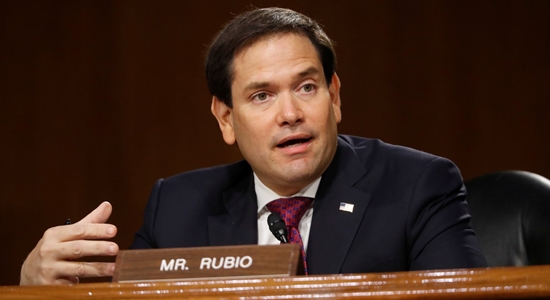
China’s stock markets were going down, down, down until the Chinese government threw a lot of funny money at it in September. Now what is supposed to happen? Are China’s markets going to be buoyed forever, with any hint of faltering to be immediately countered by further floods of giddy credit expansion, again and again, forever?
Good economic history and sound economy theory are helpless to dissuade determined wishful thinkers, whether central planners or investors. But they, in turn, are helpless to overrule reality. And houses of cards are highly susceptible to shocks.
Shockingly, Donald Trump, just a few weeks ago a humble preparer of fries and drive-through attendant at McDonald’s, has been elected president of the United States. U.S. markets seem to welcome the news, but Chinese markets seem to find it confounding (“China’s markets drop as Trump presidency looms,” Reuters, November 6, 2024).
China’s yuan and stock markets fell sharply on Wednesday as the prospect of another Donald Trump presidency and Republican control of U.S. Congress risked heightened tensions over trade and technology.
By the time Chinese markets closed, Trump had claimed victory over Democrat Kamala Harris in the tight U.S. presidential race.
U.S. stock futures jumped and the dollar rose across the board after Republicans won a clear U.S. Senate majority although it won’t be clear for some time which party will win control of the House of Representatives.
China’s blue-chip CSI300 Index (.CSI300) fell 0.5%, while Hong Kong’s benchmark Hang Seng (.HSI), which is more indicative of foreign investor sentiment, fell 2.3%. The Hang Seng China Enterprises Index (.HSCE) fell 2.6%.
Hong Kong-listed China tech stocks (.HSTECH) declined broadly, with e-commerce giant JD.com (9618.HK) and Alibaba (9988.HK) down 4% each.
The U.S. presidential election will have a meaningful impact on China’s economy and capital markets. As part of his pitch to boost American manufacturing, Trump had promised voters he will impose tariffs of 60% or more on goods from China.
Tariffs are only “the easiest lever to pull directly under a presidential executive order,” says portfolio manager Rong Ren Goh, so markets are focused on this prospect. But there are also “other levers,” including “further tightening the screws on Chinese access to technology critical to AI development…the list goes on.”
Reuters says that China’s markets are “in the midst of recovering from a years-long slump as authorities promise to address weak consumption and a downturn in the real estate sector.” Add sundry journalists to the long list of wishful thinkers. Of course, if the recovery gets sick, the explanation is at hand, for “a Trump win could stymie that rally….”
In the short term, China’s stock markets may already be bouncing back from the dismay inflicted by Trump’s triumph. In any case, Chinese investors have been keeping their fingers crossed that still more CCP-sponsored malinvestment-inducing stimulus is on the way. To cure a Chinese economy the ailments of which are not really the fault of Donald Trump.
Also see:
StopTheChinazis.org: “China’s Bold Stimulus Package Backs Losers, Reinforces Failure, Extends Losses”
StopTheChinazis.org: Is China’s Stock Market Even Worse Than a Casino?





